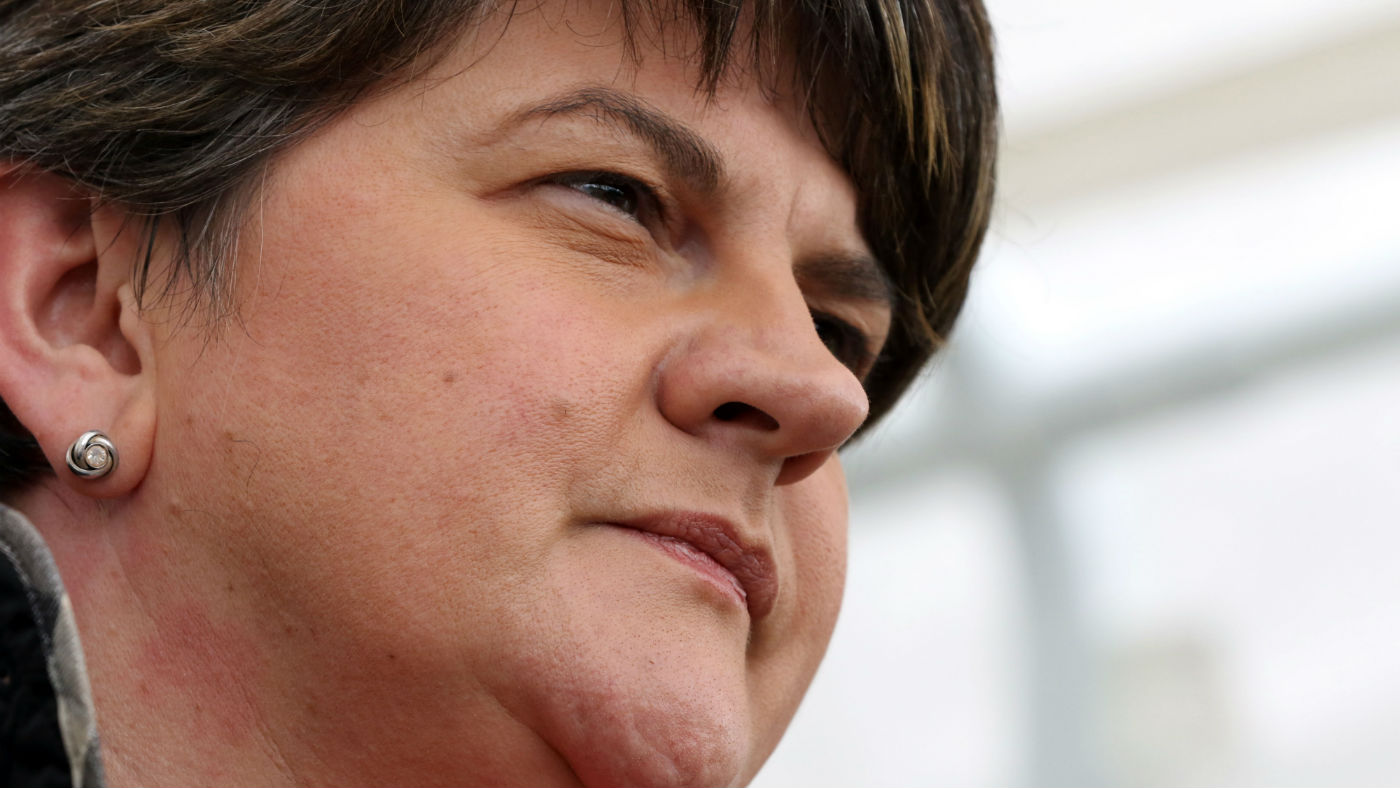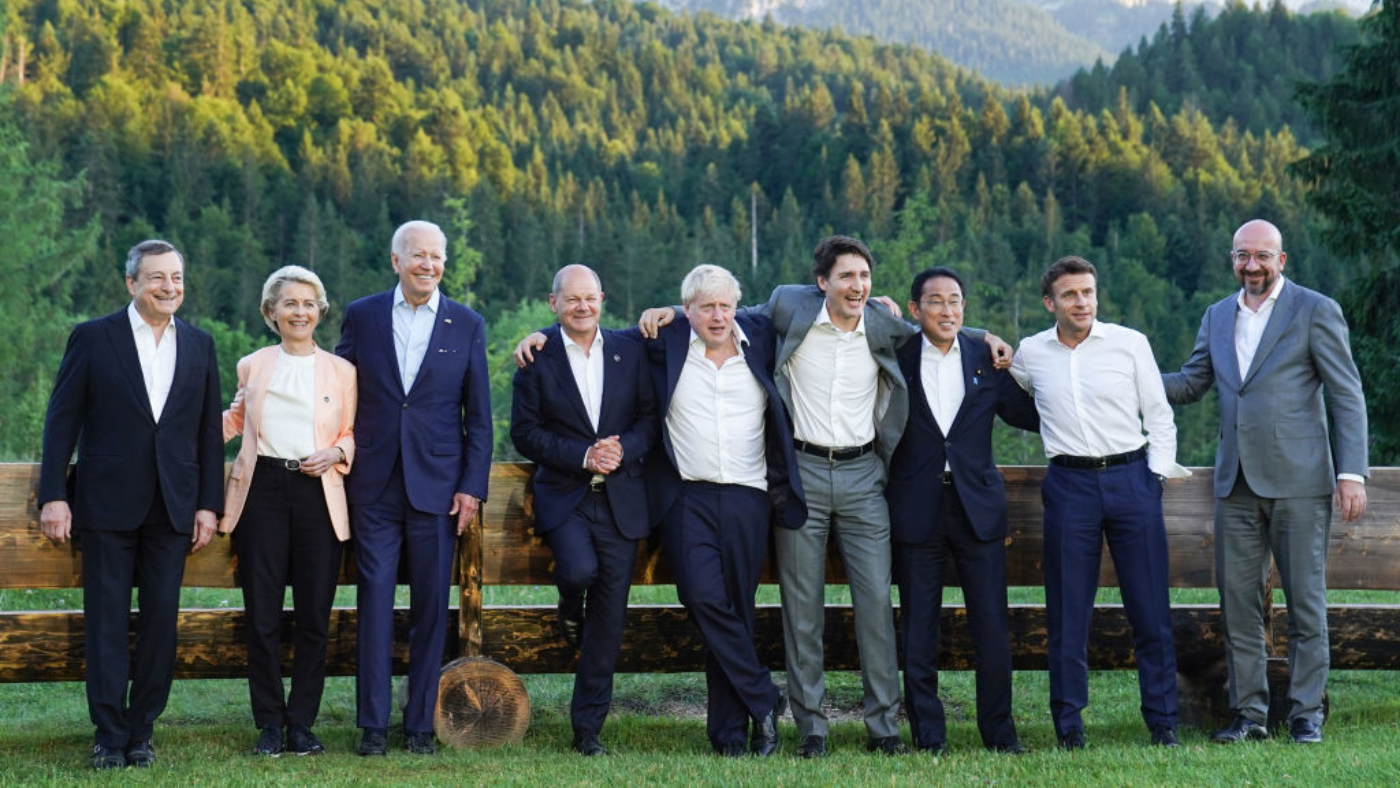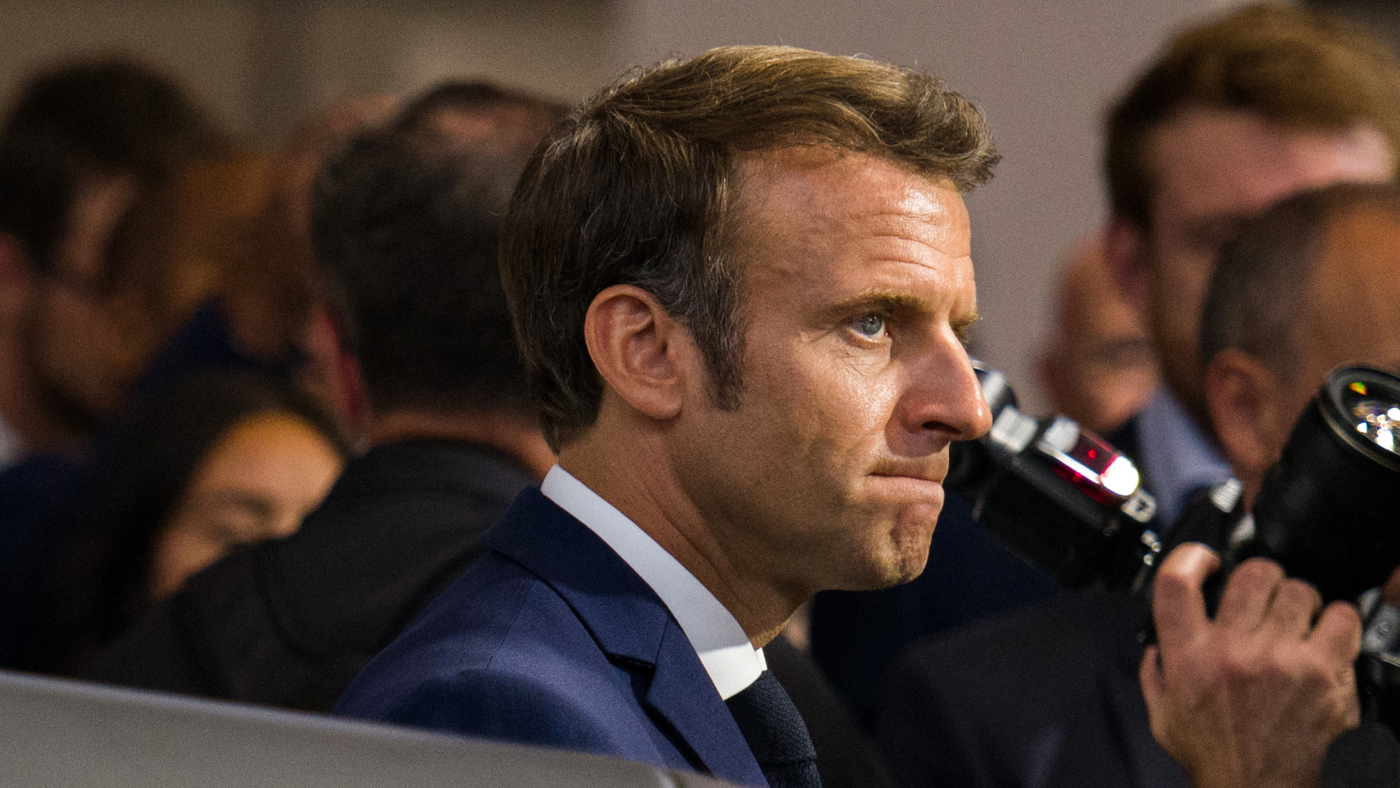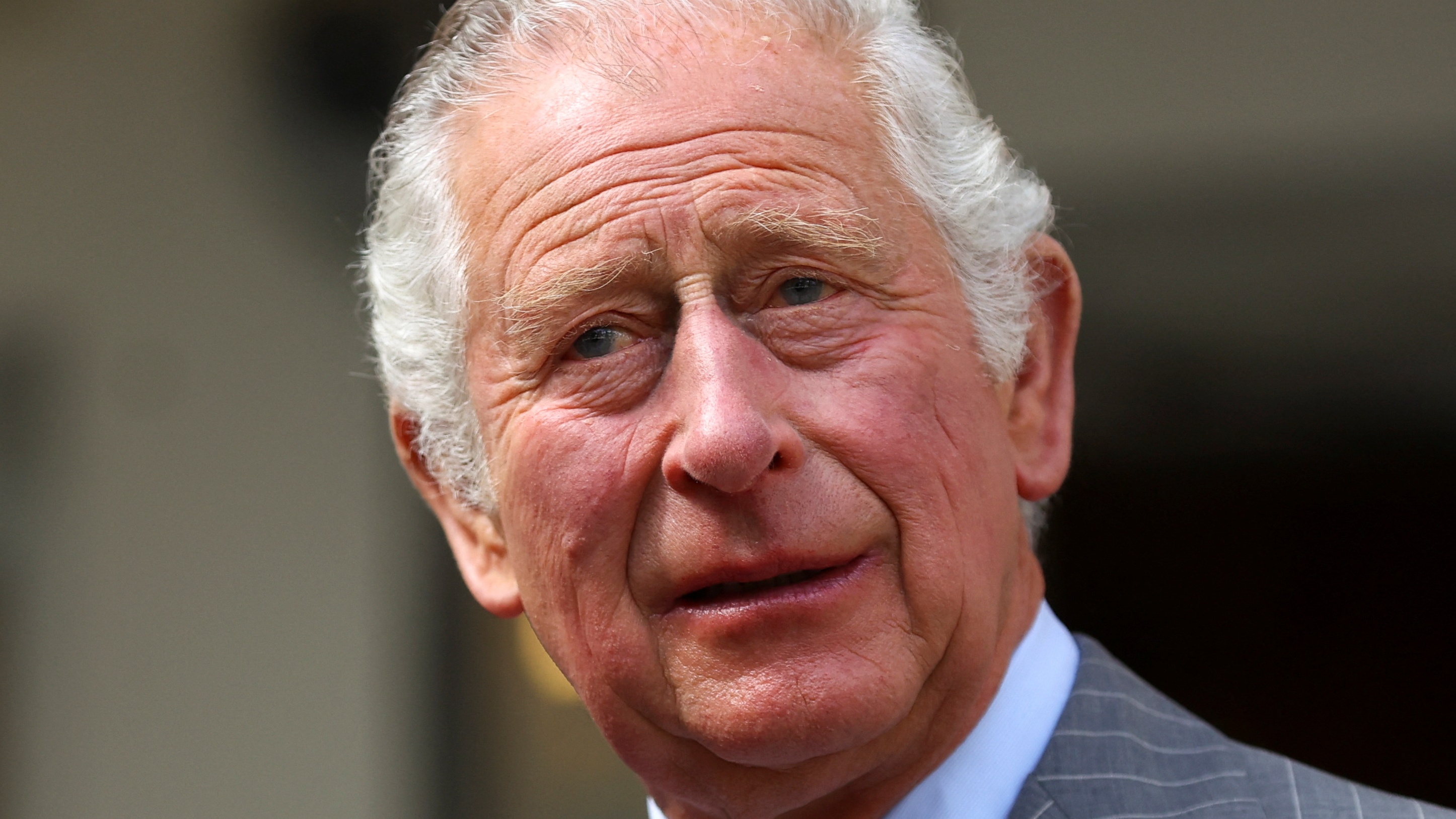Why did the Stormont power-sharing talks fail?
With the DUP and Sinn Fein blaming each other, a deal seems a long way off

A free daily email with the biggest news stories of the day – and the best features from TheWeek.com
You are now subscribed
Your newsletter sign-up was successful
Northern Ireland's politicians have missed multiple deadlines to restore power-sharing at Stormont since March, with each party blaming the other - and the Tory minority government - for the most recent failure to meet an agreement.
While DUP leader Arlene Foster says talks will continue over the summer, negotiators remain far apart on several issues, including Sinn Fein's demands for an Irish language act.
What's behind the rift?
The Week
Escape your echo chamber. Get the facts behind the news, plus analysis from multiple perspectives.

Sign up for The Week's Free Newsletters
From our morning news briefing to a weekly Good News Newsletter, get the best of The Week delivered directly to your inbox.
From our morning news briefing to a weekly Good News Newsletter, get the best of The Week delivered directly to your inbox.
Michelle O'Neill, Sinn Fein's leader at Stormont, claims the Conservatives' deal with the DUP is one of the main reasons efforts to establish a new administration have floundered, the Belfast Telegraph reports.
"What this constitutes is a monumental failure on behalf of Theresa May," she said on Tuesday. "She has set back decades of work that has been done here throughout the years and it's a consequence, as we all know, of the DUP supporting the Prime Minister and the Prime Minister in turn supporting the DUP."
Calls for an Irish language act
The DUP, meanwhile, blames the stalemate on Sinn Fein's demands for an Irish language act to put Irish on an equal par with English in the province.
A free daily email with the biggest news stories of the day – and the best features from TheWeek.com
Fearing criticism from hardline unionists, the party has argued for an all-embracing culture act that would also guarantee the rights of Ulster Scots speakers and incorporate the protection of Orange/Protestant culture into legislation, The Guardian reports.
What now?
The government has repeatedly warned that if no power-sharing deal is in place soon, it may call for new elections or step in to govern the region through direct rule.
Both the UK and Irish governments have warned that failing to secure an agreement would have "profound and serious implications" and limit Northern Ireland's influence in Brexit talks, Reuters says.
-
 Moltbook: The AI-only social network
Moltbook: The AI-only social networkFeature Bots interact on Moltbook like humans use Reddit
-
 Judge orders Washington slavery exhibit restored
Judge orders Washington slavery exhibit restoredSpeed Read The Trump administration took down displays about slavery at the President’s House Site in Philadelphia
-
 Kurt Olsen: Trump’s ‘Stop the Steal’ lawyer playing a major White House role
Kurt Olsen: Trump’s ‘Stop the Steal’ lawyer playing a major White House roleIn the Spotlight Olsen reportedly has access to significant U.S. intelligence
-
 Roman-era Brits kept lap dogs
Roman-era Brits kept lap dogsfeature And other stories from the stranger side of life
-
 ‘Boris Johnson measures success in biceps rather than brain power’
‘Boris Johnson measures success in biceps rather than brain power’Instant Opinion Your digest of analysis from the British and international press
-
 ‘France looks more ungovernable than ever’
‘France looks more ungovernable than ever’Instant Opinion Your digest of analysis from the British and international press
-
 ‘Britain needs a democratic monarchy’
‘Britain needs a democratic monarchy’Instant Opinion Your digest of analysis from the British and international press
-
 Home Office worker accused of spiking mistress’s drink with abortion drug
Home Office worker accused of spiking mistress’s drink with abortion drugSpeed Read Darren Burke had failed to convince his girlfriend to terminate pregnancy
-
 In hock to Moscow: exploring Germany’s woeful energy policy
In hock to Moscow: exploring Germany’s woeful energy policySpeed Read Don’t expect Berlin to wean itself off Russian gas any time soon
-
 Were Covid restrictions dropped too soon?
Were Covid restrictions dropped too soon?Speed Read ‘Living with Covid’ is already proving problematic – just look at the travel chaos this week
-
 The Week Unwrapped: Afghanistan, Florida and Northern Ireland
The Week Unwrapped: Afghanistan, Florida and Northern Irelandpodcast Can the World Bank set the Taliban straight? Why is Florida saying ‘don’t say gay’? And what can we learn from the last trials of the Troubles?